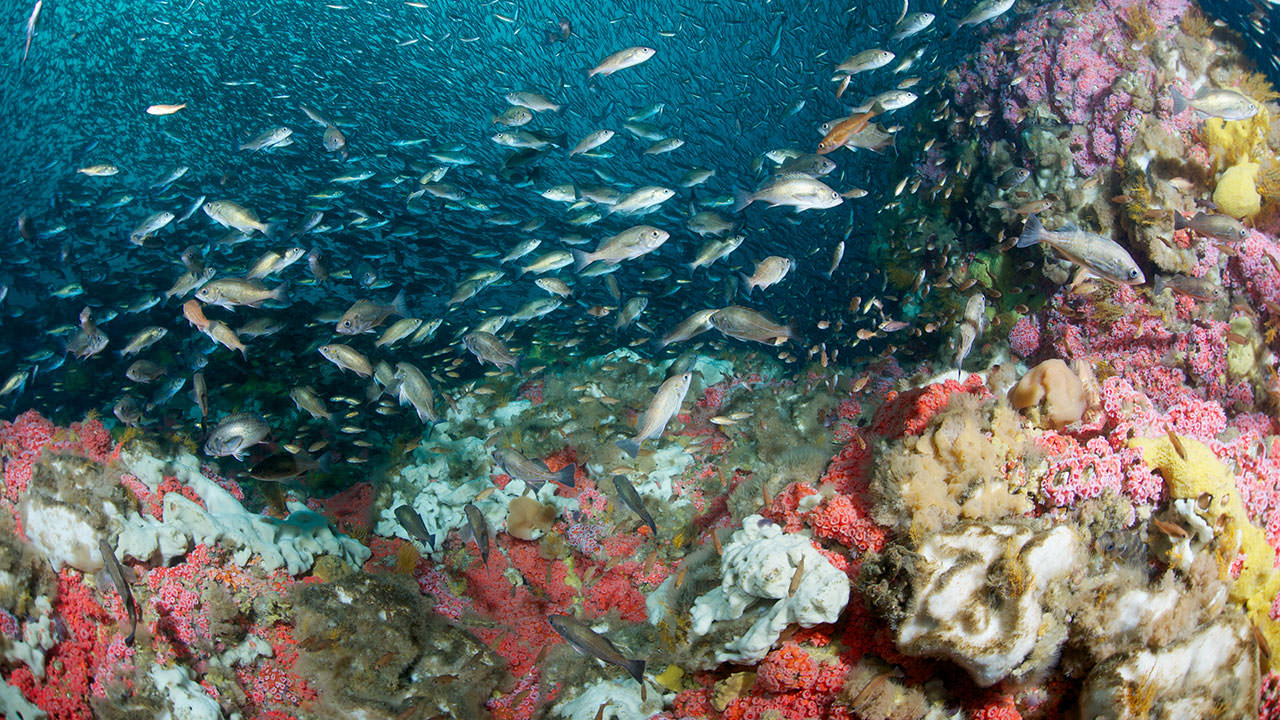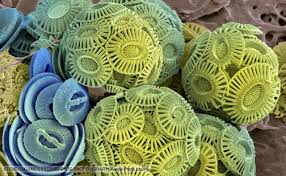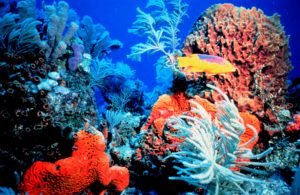
- This event has passed.
How Gaia Can Protect Against Ocean Acidification
April 21, 2018 at 6:00 pm - 8:00 pm UTC-8


As atmospheric CO2 concentrations increase there has been great concern that oceans will acidify to the detriment of marine organisms. However their are reasons for optimism.
In a tribute to Dr. Lynn Margulis’ pioneering research and her promotion of Gaia theory, we explore how symbiosis has generated both new life forms and ecological interactions that now regulate global ecosystems. Margulis demonstrated that it is the “cooperation between species” that has dramatically promoted a more resilient biosphere. Exploring the latest research on the interactions of marine organisms and climate change clearly demonstrates why it takes a biological village to maintain resilient ocean ecosystems
Gaia has been described as the earth’s symbiosis as seen from space. In other words Gaia describes how all the earth’s organisms interact to affect climate and environment. This talk explores how marine organisms like coral and plankton quickly absorb CO2 via photosynthesis, and how that CO2 then passes through the food web to create the “biological pump” which moves CO2 from the ocean surface and stores it in the deep ocean for centuries and millennia. We also examine how human disturbances affect the biological pump.
Because Gaia theory has been variously described in popular media in more fanciful terms, universities study these biosphere interactions under the title of Earth System Sciences or Biogeochemistry. As our understanding of biosphere interactions improve, a clearer picture of how the oceans will respond to human disturbances are evolving.
.